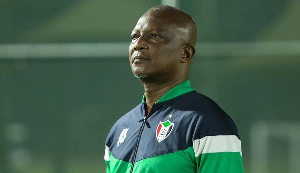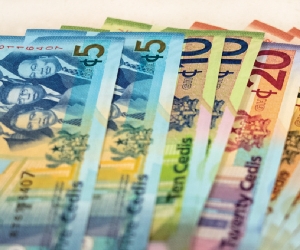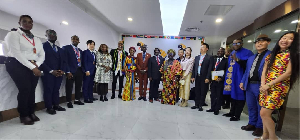Zeqblog Blog of Sunday, 1 December 2024
Source: Okine Isaac
Following Solomon Owusu's accusations of electoral malpractice against the NPP, tensions rise.

After Solomon Owusu, a well-known political figure, made contentious comments, accusations of electoral malpractice have once again taken center stage in Ghanaian politics. Owusu made the audacious claim that the New Patriotic Party (NPP) would employ electoral tampering to win the general elections in 2024. His comments have rocked the political scene and sparked a heated discussion about the validity of Ghana's electoral process and its ramifications for democracy.
The NPP's survival in the 2024 election, according to Owusu, depends on the deployment of election-rigging techniques to slant the results in their favor rather than on their political plan or popular support. Both supporters and detractors of the ruling party have responded strongly to this serious accusation, with many expressing worries about the possible deterioration of democratic norms in Ghana.
The NPP is on the defensive as a result of the accusation, and party officials have denied any role in electoral fraud. The accusations, however, have clouded the party's election strategy and called into question its dedication to free and fair voters. As the country approaches the 2024 elections, critics contend that such assertions erode public confidence in the democratic process and may exacerbate already existing differences.
Owusu's accusations have rekindled demands for increased accountability and transparency in the electoral process, especially in view of worries about the safety and legitimacy of the nation's voting apparatus. Political observers caution that Ghana's standing as an African democracy leader could suffer greatly if there is any impression of massive electoral fraud.
The political ramifications of these charges are already evident, as Owusu's comments have sparked contentious discussions about Ghana's democracy's future. To guarantee the election's integrity, several are urging greater attention to detail and more robust oversight procedures.


















